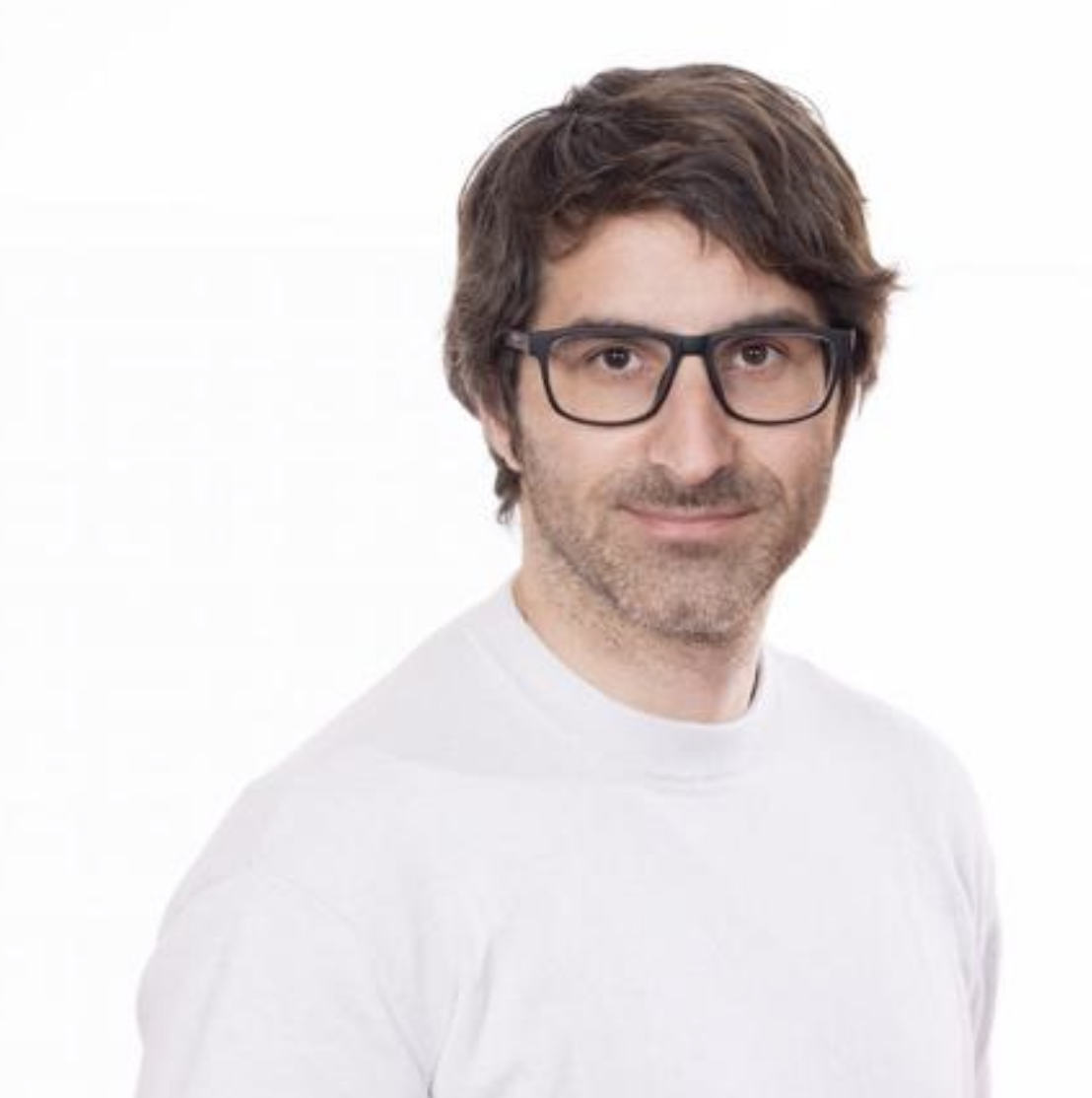People
See all
Toni Celià-Terrassa
Cancer Stem Cells & Metastasis Dynamics
Hospital del Mar Medical Research Institute (IMIM)
About Toni
Toni is group leader of the Cancer Stem Cells & Metastasis Dynamics Lab at the Hospital del Mar Medical Research Institute (IMIM); Cancer Program. He obtained the Miguel Servet grant and incorporated the IMIM in January 2018. His lab focuses on Breast cancer, metastasis dynamics and immunotherapy research.
He obtained his Ph.D. in 2012 by the University of Barcelona at the IBMB-CSIC under the supervision of Dr. Timothy Thomson. During this period his studies unveiled groundbreaking concepts about the implications of epithelial-to-mesenchymal transition (EMT) and its reversion during the metastatic colonization of distant tissues. In 2012, he moved to Princeton (NJ, USA) where he was a Postdoctoral Fellow at Dr. Yibin Kang´s Lab; Princeton University (2012-2017). Specialized in breast cancer metastasis research, he studied the intricate molecular mechanisms of normal and malignant mammary stem cells to shield from immune system signals in breast cancer, as well as the spatiotemporal dynamics of EMT-MET in metastasis.
He has done remarkable contributions in mammary gland and cancer stem cell biology, tumor microenvironment, and metastasis colonization. He is also an active member of multiple national and international cancer research associations.
Research
The Celià-Terrassa’s Lab focuses on understanding the complexity and dynamics of metastasis, in particular the molecular mechanisms regulating breast cancer stem cells (bCSCs) and their interplay with the metastatic niche. We are interested on studying the molecular mechanisms underlying tumor progression, chemoresistance and immunotherapy resistance, as a major challenge to efficiently target breast cancer metastasis.
Our approach embraces molecular and cellular biology techniques, single cell transcriptomics, functional experimental assays in vitro and preclinical assays in vivo, as well as clinical dataset mining. We use the state-of-the-art technology in genomics, functional screenings and advanced imaging of 3D in vitro cell cultures and in vivo tissues.